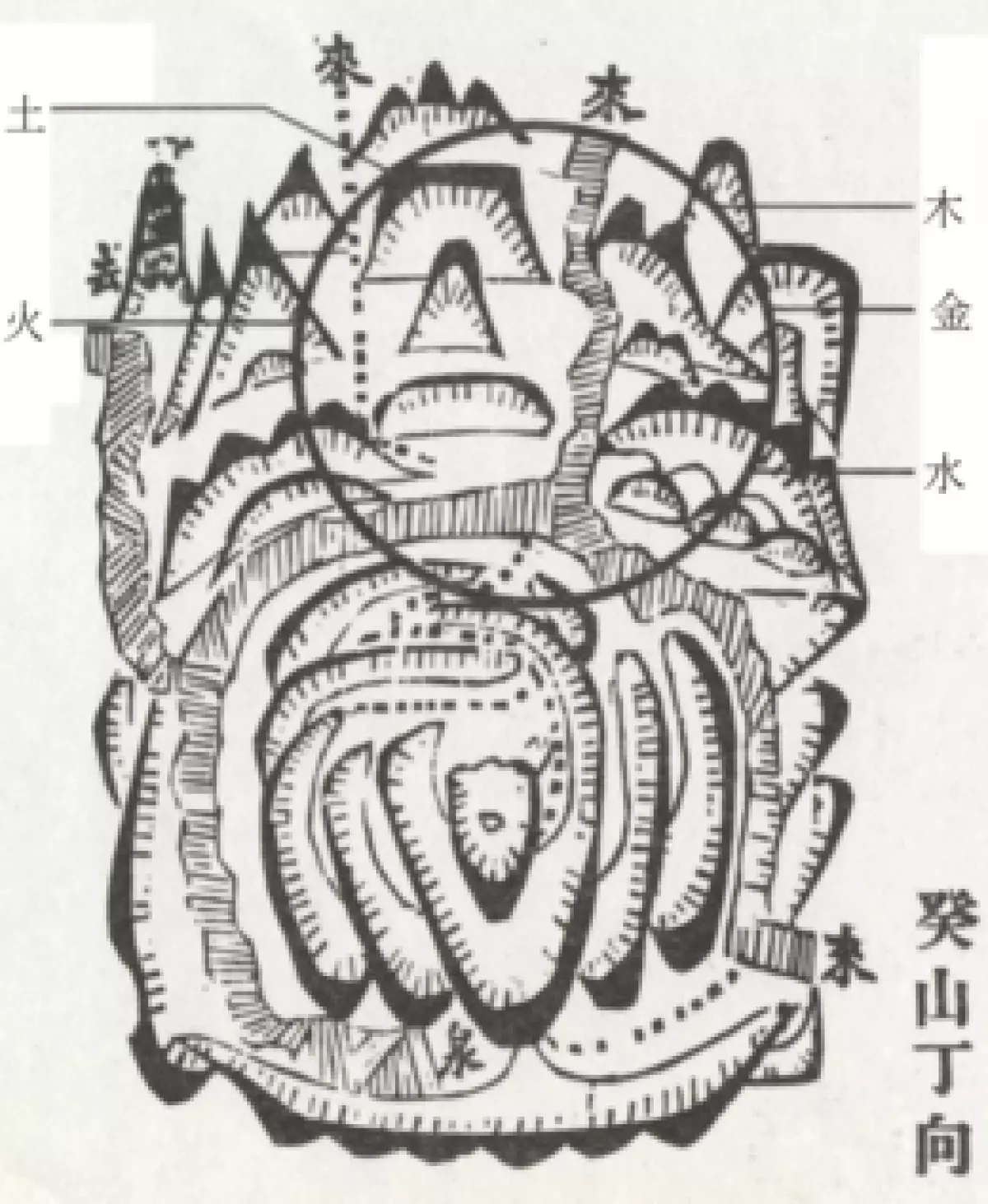Unlock the Ancient Chinese Practice for Harmonizing Your Surroundings
Are you looking to cultivate a harmonious and balanced environment in your life? Look no further than the ancient Chinese practice of feng shui . By harnessing the energy forces of your surroundings, Feng Shui is said to bring harmony and prosperity into your life. In this article, we will explore the core principles of Feng Shui and how you can apply them to your own space.
The Power of Feng Shui
Feng Shui, sometimes referred to as "Chinese geomancy," is a traditional Chinese practice that aims to harmonize individuals with their surroundings. The term Feng Shui translates to "wind-water" in English, signifying the fluidity and movement of energy. From ancient times, it was believed that the flow of energy, known as Qi, permeated the land, buildings, and people. By understanding the principles of Feng Shui, individuals can tap into this energy and create a harmonious environment that supports their well-being and success.
 Image: Feng Shui Icon
Image: Feng Shui Icon
Feng Shui encompasses various dimensions, including astronomical, astrological, architectural, cosmological, geographical, and topographical aspects. Its principles were traditionally applied to orient buildings, design tombs, and guide spiritual practices. However, in contemporary Western societies, Feng Shui has evolved to be used primarily for interior design, focusing on promoting health and wealth.
Exploring the Origins of Feng Shui
The origins of Feng Shui can be traced back to ancient China, where landscapes and bodies of water were believed to channel the flow of Qi. Historical evidence shows that Feng Shui practices such as building orientation, site selection for important structures, and tomb placement were followed during the Zhou era and even earlier.
The Yangshao and Hongshan cultures provide some of the earliest known evidence of Feng Shui practices. Before the invention of the magnetic compass, astronomy was used to identify correlations between humans and the universe. For instance, during the Zhou era, celestial phenomena were observed to determine the appropriate time to build a capital city.
 Image: Feng Shui Analysis
Image: Feng Shui Analysis
Feng Shui instruments and techniques, such as astrolabes and compasses, were developed to align buildings and tombs with cosmic energies. The compass, in particular, played a crucial role in determining the orientation and placement of structures. By using specific formulas and rings marked on the compass, Feng Shui experts could advise on the most auspicious positioning of buildings.
The Influence of Feng Shui Today
In contemporary China, fewer than one-third of the population believes in the power of Feng Shui. The practice is often perceived as superstitious and outdated, with the Chinese government discouraging its promotion and registration as a business. Yet, Feng Shui continues to be popular in areas such as Hong Kong and Taiwan, where traditional culture is more prevalent.
 Image: Feng Shui in Modern Times
Image: Feng Shui in Modern Times
Outside of China, Feng Shui has gained significant popularity, especially in the United States. However, critics argue that the scientific validity of Feng Shui remains questionable. Some perceive it as a pseudoscience, while others claim that it has been commercialized and used as a tool for New Age entrepreneurs.
Applying Feng Shui to Your Space
While the scientific basis of Feng Shui may be debated, many people find that adopting its principles can bring a sense of harmony and peace to their living spaces. Here are some key tips to get you started:
Clear the Clutter:
Remove any unnecessary items from your space to create a clean and organized environment. Clutter is believed to hinder the flow of energy and can result in feelings of stress and confusion.
Enhance Natural Light:
Allow natural light to fill your space, as it is considered a powerful source of positive energy. Open curtains, use mirrors to reflect light, and choose light-colored curtains or blinds to maximize the flow of natural light.
Balance the Five Elements:
In Feng Shui, there are five elements: wood, fire, earth, metal, and water. Each element is associated with specific colors, shapes, and materials. Balancing these elements in your space is said to promote harmony. For example, you can introduce wooden furniture or plants for














